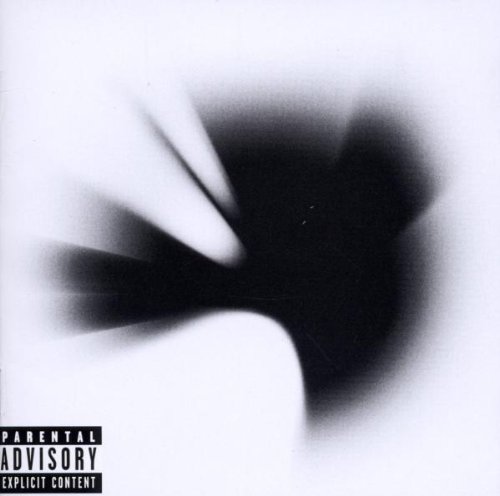All Nonfiction
- Bullying
- Books
- Academic
- Author Interviews
- Celebrity interviews
- College Articles
- College Essays
- Educator of the Year
- Heroes
- Interviews
- Memoir
- Personal Experience
- Sports
- Travel & Culture
All Opinions
- Bullying
- Current Events / Politics
- Discrimination
- Drugs / Alcohol / Smoking
- Entertainment / Celebrities
- Environment
- Love / Relationships
- Movies / Music / TV
- Pop Culture / Trends
- School / College
- Social Issues / Civics
- Spirituality / Religion
- Sports / Hobbies
All Hot Topics
- Bullying
- Community Service
- Environment
- Health
- Letters to the Editor
- Pride & Prejudice
- What Matters
- Back
Summer Guide
- Program Links
- Program Reviews
- Back
College Guide
- College Links
- College Reviews
- College Essays
- College Articles
- Back
Linkin Park: A Thousand Suns MAG
With the release of its latest album, “A Thousand Suns,” it is clear that Linkin Park needs to return to its roots.
The band's first two albums, “Hybrid Theory” and “Meteora,” featured a blend of rap, nu-metal, and alternative metal. The “hybrid theory” the band referred to was their fusion of rap and rock. Unfortunately, only three songs on “A Thousand Suns” include rapping from front man Mike Shinoda, and only two feature screaming from Chester Bennington, both staples on the first two records.
Starting with its third album, “Minutes to Midnight,” and continuing with this one, Linkin Park has tried to diversify, but it has taken it a bit too far. Although I can't say every track is terrible on “A Thousand Suns,” I do believe the group is losing its edge.
“A Thousand Suns” is a concept album, a first for Linkin Park, and I give the group credit for that, as it displays views on politics that I'm sure many would agree with. Some songs even feature speeches by American political figures.
The new direction of the album is also reflected in its styles of music. The hard rap, metal, and rock the band became famous for has nearly disappeared, with many of the these songs going for either a softer, melodic feel or a techno/pop vibe. Both Shinoda and Bennington sing – as seen in the first single, “The Catalyst” – but sadly they use tuners on their voices. The band has gone in a new direction, using electric drumbeats and incorporating more piano. At some points it's hard to tell you are even listening to Linkin Park.
In my opinion, the new techno/pop vibe is not good; “The Catalyst” is repetitive and boring, and most of the songs don't fit the sound the group is known for. The softer singing really brings down the energy level that gave Linkin Park its following.
But not everything is awful, Two tracks – “Blackout” and “Wretches and Kings” – show flashes of the old group. Additionally, “Waiting for the End,” a reggae-style song, and “When They Come for Me,” one of the songs featuring rapping, are a surprisingly enjoyable change from the band's usual sound. Sadly, if these songs had been on the earlier releases by Linkin Park, they might have been considered inferior.
It is understandable that the band is trying to broaden its horizons (lyrics from “When They Come for Me” state “Once you have the theory of how the thing works, everybody wants the next thing to be just like the first”), but I believe a return to its roots would be a wise move for Linkin Park's next project.
Similar Articles
JOIN THE DISCUSSION
This article has 4 comments.


54 articles 2 photos 237 comments
Favorite Quote:
Isn't it ironic? We ignore the ones who adore us, adore the ones who ignore us, love the ones who hurt us, and hurt the ones that love us.